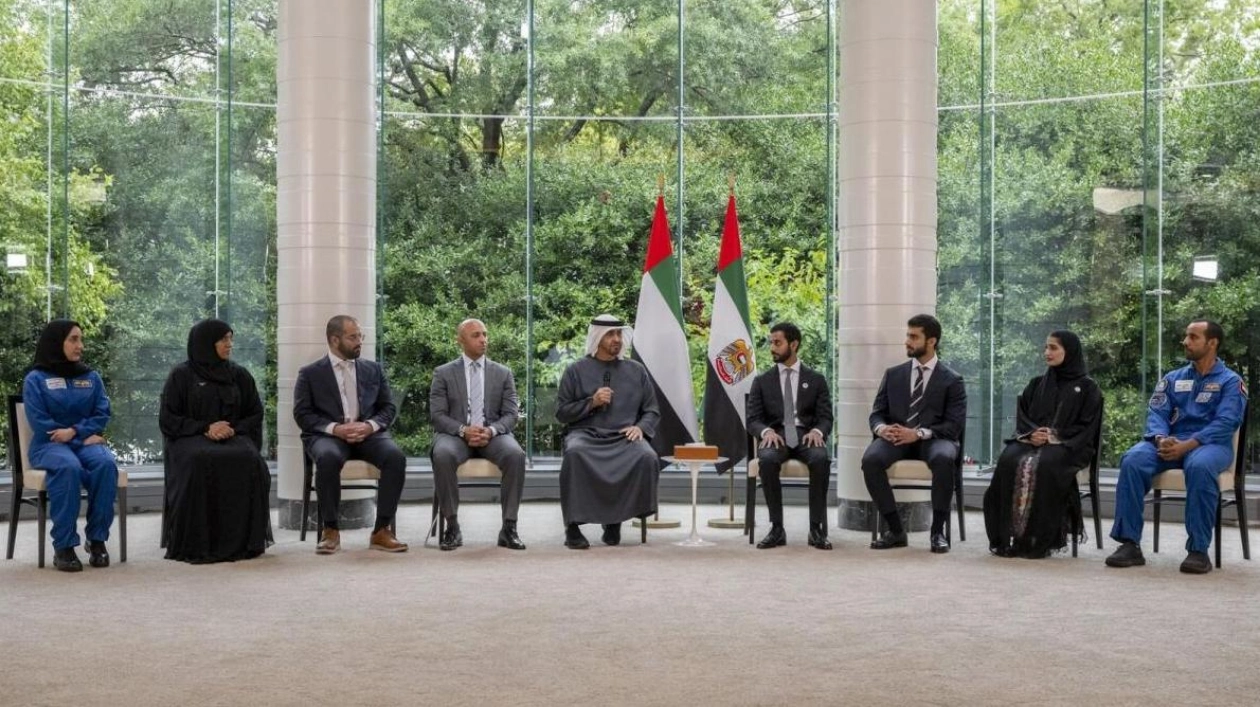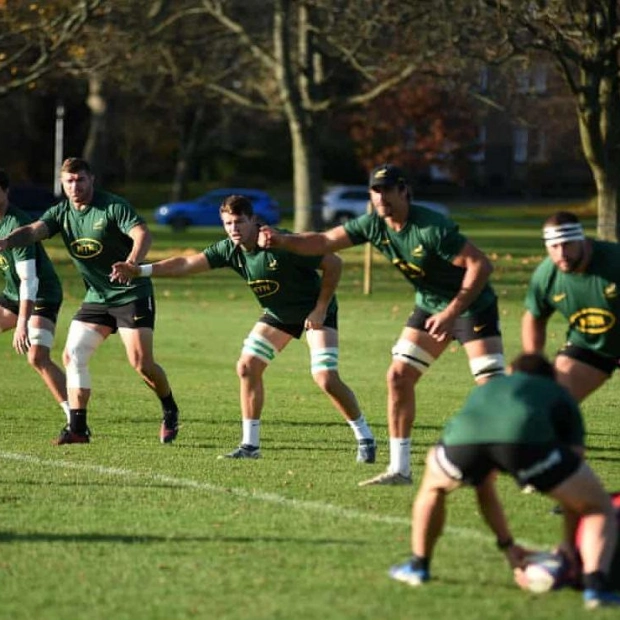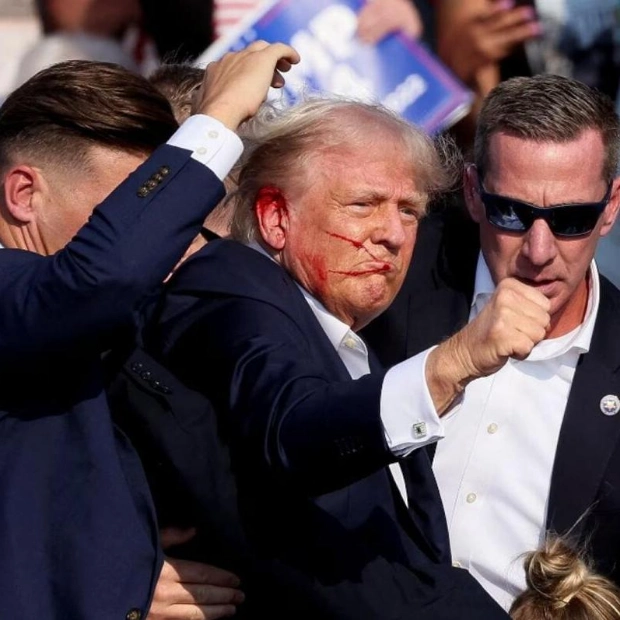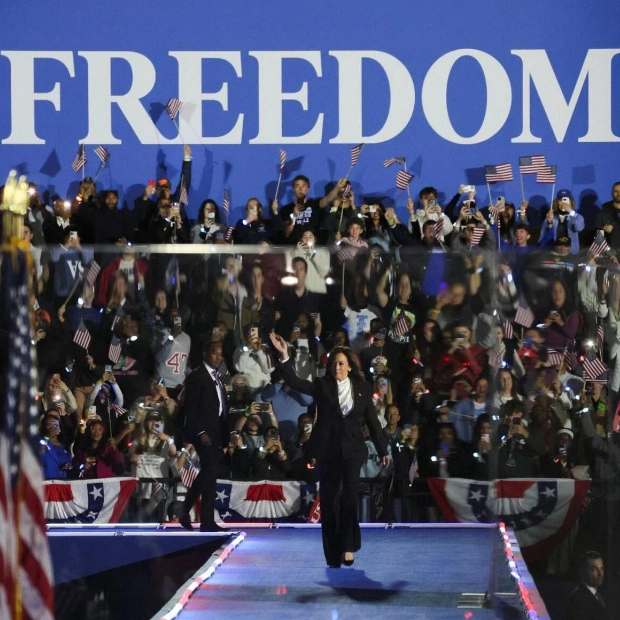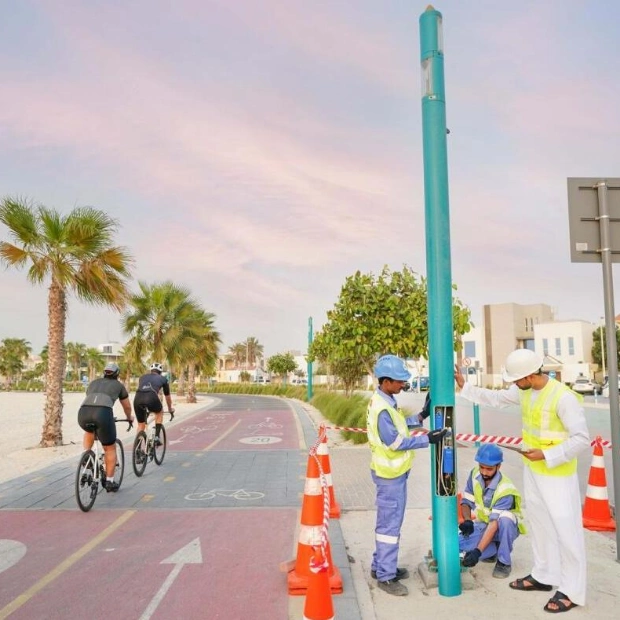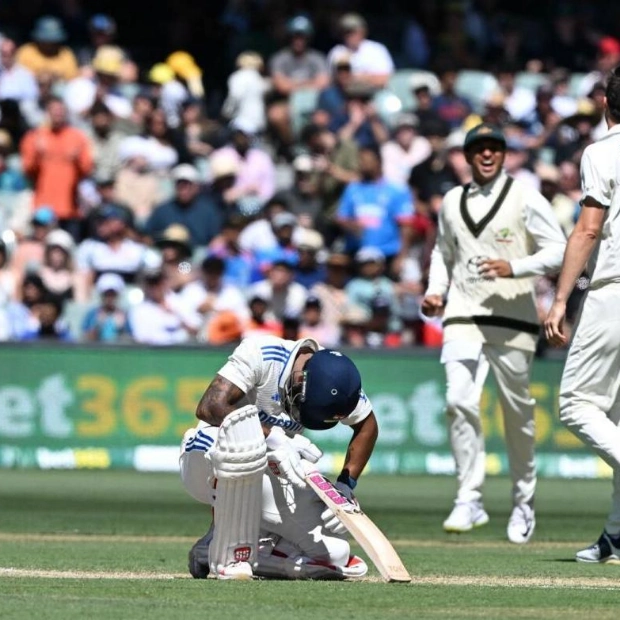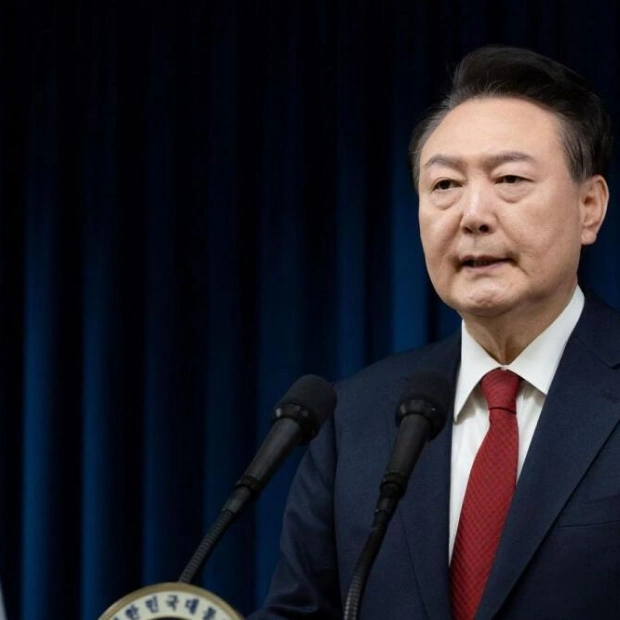The UAE is nurturing a fresh cohort of space pioneers and scientists through robust partnerships with NASA and other US entities, with the 'Emirates Airlock' being a pivotal project under development. This commitment was underscored during the landmark meeting between President Sheikh Mohamed and US President Joe Biden in Washington, DC on September 23. This visit marked the inaugural visit by a UAE President to Washington and signified the fourth bilateral encounter between the two leaders during the Biden-Harris Administration. Both leaders highlighted the transformative collaboration in space exploration between the UAE and the US, as well as their shared interest in deepening their knowledge of the cosmos.
In the wake of this meeting, Danny Sebright, President of the US-UAE Business Council, stated, 'The Mars and the Artemis missions will be the focal point... this 'airlock'... this space initiative aims to make the moon a springboard for future endeavors. The two agencies already have a 10-15-year plan. They are not only expanding with their astronauts but also through genuine research and development, with teams collaborating to generate new projects.' It is reiterated that additional UAE astronauts will undergo training at the Johnson Space Centre. The collaborations between NASA and the UAE Space Agency, as well as NASA and the Mohammed bin Rashid Space Center (MBRSC), are poised to broaden further.
'It is crucial that we progress and exert even more effort in these domains. The Emiratis aspire to explore asteroids, and we share that ambition. We aim to achieve this together... encompassing all aspects of Mars, Artemis, and beyond,' Sebright added during an interview with Khaleej Times.
Celebrating a new epoch of exploration, the leaders reaffirmed the tenets of the Artemis Accords, emphasizing the peaceful exploration and utilization of outer space, thus inaugurating a new era of exploration. According to the Whitehouse Government Briefing, 'The leaders underscored the January 2024 agreement between the Mohammed bin Rashid Space Center and NASA for the Centre to furnish an airlock for Gateway, humanity's inaugural space station orbiting the Moon, supported by NASA's missions for extended Moon exploration under the Artemis Program.'
In March 2024, the UAE Embassy in Washington, DC hosted an event commemorating UAE-US cooperation in space, attended by high-ranking officials from both nations, including NASA Administrator Bill Nelson and UAE Minister of Youth and Astronaut, Sultan Al Neyadi. The 'Gateway' space station will be humanity's first international station orbiting the Moon, facilitating continuous exploration and research in deep space, providing astronauts with a living and working environment, enabling equipment transfers, serving as a hub for lunar missions, and supporting spacewalks in lunar orbit.
The team from MBRSC, led by Director General Salem Humaid AlMarri, has commenced the development of the airlock module and has engaged in numerous meetings with NASA's Gateway team at the Johnson Space Centre to collaborate on constructing humanity's first lunar station. This partnership builds on the previous collaboration between NASA and the UAE in human spaceflight. In 2023, Emirati astronaut Sultan Al Neyadi participated in the longest Arab space mission when he embarked on a journey to the International Space Station (ISS), contributing to scientific research in the orbital laboratory to advance human knowledge and improve life on Earth.
Additionally, Wednesday marks the fifth anniversary of Emirati astronaut Hazzaa Al Mansouri's launch to the ISS. In 2019, Hazzaa made history as the first UAE national to venture into space, where he collaborated with NASA aboard the ISS, conducting experiments and engaging in educational outreach. He launched alongside Soyuz MS-15 commander Oleg Skripochka and flight engineer Jessica Meir from the Baikonur Cosmodrome. The trio spent just under six hours in free flight before docking with the Zvezda module on the ISS.
